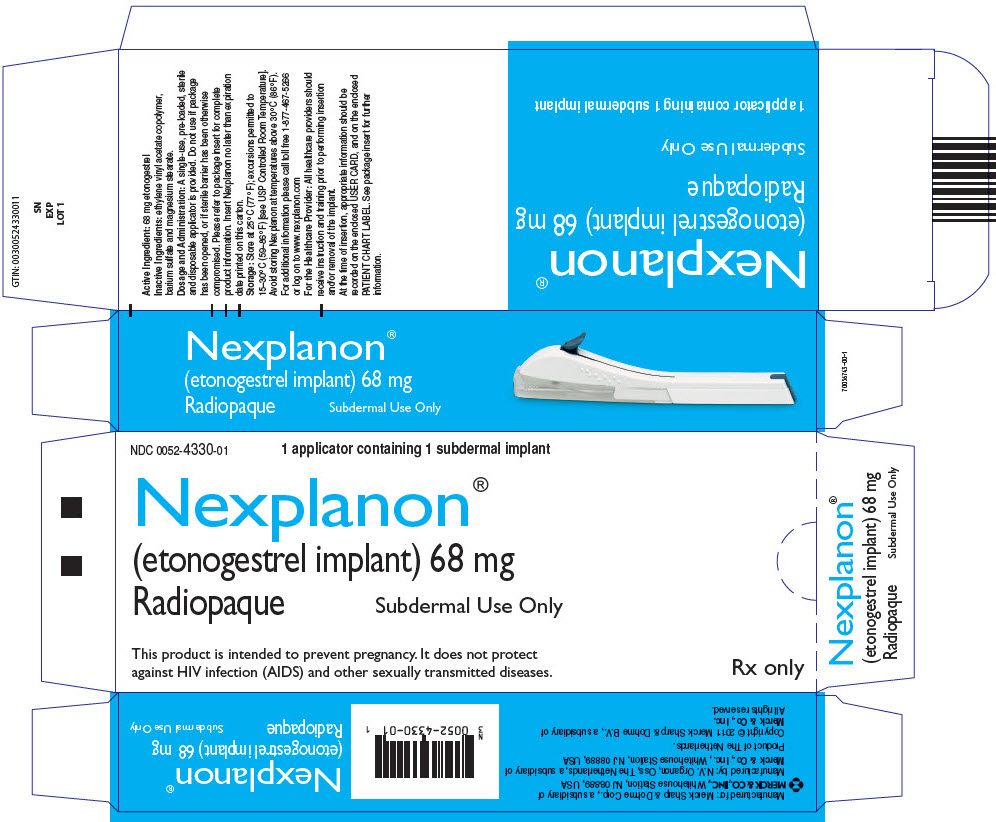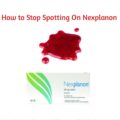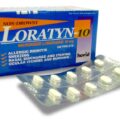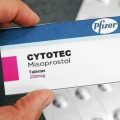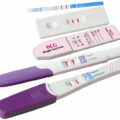An expiration date is a date after which a consumable product such as food or medicine should not be used because it may be spoiled, damaged, or ineffective. Expiration dates are especially important for medications because they offer the only indication about whether the product is still safe to use.
In the late 1970s, the United States Food and Drug Administration (FDA) mandated that all prescription and over-the-counter (OTC) medical products contain an expiration date. Expiration dates for medicines are often marked “EXP” and are printed on the label or stamped onto the medicine bottle or box.
What is Nexplanon?
Nexplanon is a brand of contraceptive or birth control implant that goes in the arm. This small, thin, and flexible arm implant is placed discreetly under the skin of the inner, non-dominant upper arm by your healthcare provider. A single package of Nexplanon package consists of a single implant containing 68 mg etonogestrel, 15 mg of barium sulfate and 0.1 mg of magnesium stearate that is 4 cm in length and 2 mm in diameter, which is pre-loaded in the needle of a disposable applicator. The sterile applicator containing the implant is packed in a blister pack.The implant releases hormones into your body that prevent you from getting pregnant.
How does the implant work?
The birth control implant is a tiny, thin rod about the size of a matchstick. It’s also called Nexplanon and there’s a slightly older version called Implanon. A doctor inserts the implant under the skin of your upper arm. It releases the hormone progestin to stop you from getting pregnant.
The hormones in the birth control implant prevent pregnancy in two ways:
- Progestin thickens the mucus on your cervix, which stops sperm from swimming through to your egg. When sperm can’t meet up with an egg, pregnancy can’t happen.
- Progestin can also stop eggs from leaving your ovaries (called ovulation), so there’s no egg to fertilize. When eggs aren’t released, you can’t get pregnant.
One of the awesome things about the implant is that it lasts for a long time — up to 5 years — but it’s not permanent. If you decide you want to get pregnant or you just don’t want to have your implant anymore, your doctor can take it out. You’re able to get pregnant quickly after the implant is removed.
Can I take expired Nexplanon?
No, an expired Nexplanon is less effective and risky due to a change in chemical composition or a decrease in strength. The expiration date is the final day that the manufacturer guarantees the full potency and safety of a medication. Drug expiration dates exist on most medication labels, including prescription, over-the-counter (OTC) and dietary (herbal) supplements. U.S. pharmaceutical manufacturers are required by law to place expiration dates on prescription products prior to marketing.
Certain expired medications are at risk of bacterial growth and sub-potent Nexplanon can fail to provide contraception and lead to pregnancy. Once the expiration date has passed, there is no guarantee that the medicine will be safe and effective. If your Antibiotic has expired, do not use it. Even though some controversial studies indicate that some drugs can be used after expiry dates, it is better to err on the side of caution in order not to complicate your health condition or trigger unwanted adverse effects.
What to do with expired Nexplanon?
The CDC reports that 50,000 young children end up in emergency rooms each year because they got into medicines while an adult wasn’t looking. Expired medicines are also not just a risk to the person they were prescribed for and can injure children and pets if taken by mistake. For all these reasons, proper disposal of unneeded medicines is essential.
Keep this medication in the container it came in, tightly closed, and out of reach of children. Store it at room temperature and away from excess light, heat and moisture (not in the bathroom).
It is important to keep all medication out of sight and reach of children as many containers (such as weekly pill minders and those for Nexplanon, creams, patches, and inhalers) are not child-resistant and young children can open them easily. To protect young children from poisoning, always lock safety caps and immediately place the medication in a safe location – one that is up and away and out of their sight and reach. http://www.upandaway.org
Unneeded medications should be disposed of in special ways to ensure that pets, children, and other people cannot consume them. However, you should not flush this medication down the toilet. Instead, the best way to dispose of your medication is through a medicine take-back program. Talk to your pharmacist or contact your local garbage/recycling department to learn about take-back programs in your community. See the FDA’s Safe Disposal of Medicines website (http://goo.gl/c4Rm4p) for more information if you do not have access to a take-back program.
A place for everything
Proper storage is one way to help make sure your medicines will remain safe and effective up to their expiration date. Be sure to read the label to see if there are specific storage instructions for your medicine. Certain medicines need to be stored in the refrigerator and others cannot be exposed to high temperatures. Improper storage – such as a damp bathroom cabinet – can contribute to decreased effectiveness in medicines that have not reached their posted expiration date. For most medicines, to help ensure the proper shelf life of your medicine, it is better to store medicine in a cool, dry place such as a dresser drawer, storage box, closet shelf, or kitchen cabinet.
When storing medicine in a kitchen cabinet, make sure that it is away from hot appliances and the sink due to changing temperatures and humidity which can affect the medicine. When storing medicine in a high traffic area like a kitchen, care should be taken to prevent access by children at risk of accidental poisoning or others who may be tempted to take for abuse/misuse.
Remember to store medicines properly and don’t use expired medicines, it’s not worth the risk.

